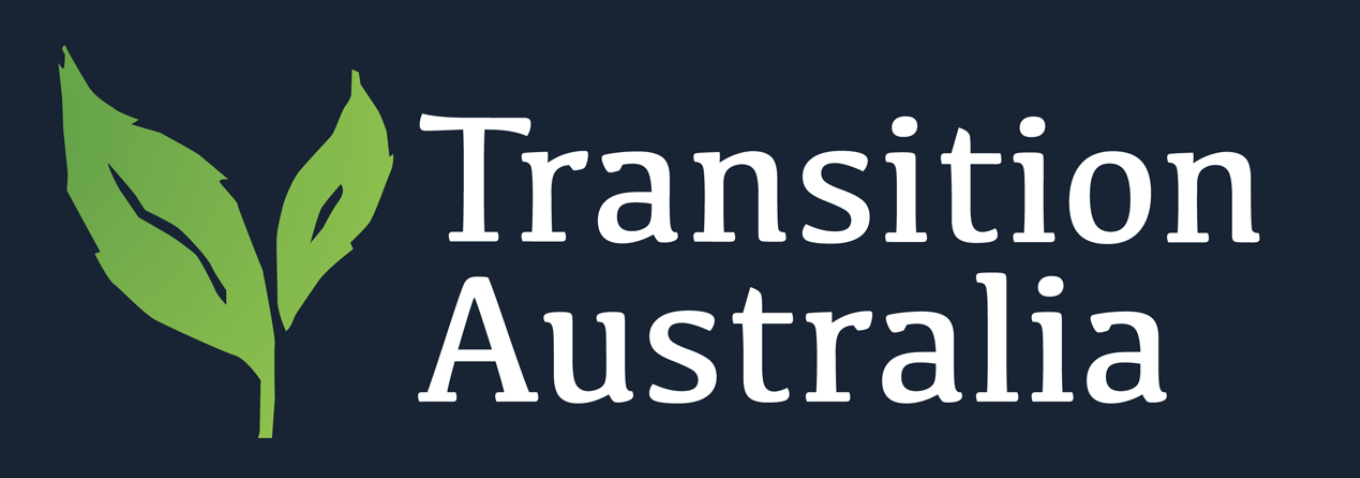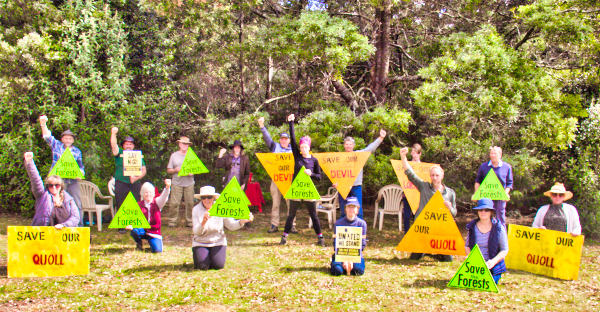It was the moment we had been dreading – a letter in the mail-box from Sustainable Timber Tasmania (STT) to say that they were intending to log the ‘coupe’ (aka native regrowth forest) next to the Live Well Tasmania property we are planning to use to develop models relating to Sustainable Living and health and wellbeing. We are interested in a wide range of related concepts, from outdoor/nature education and outdoor/nature therapy, to ecovillages and regenerative farming. We are particularly aware of the positive effect of nature on wellbeing and with our mission being to help disadvantaged youth with health and wellbeing issues via a whole of community health and wellbeing approach we are keen to preserve the natural environment in the vicinity of our property as much as possible.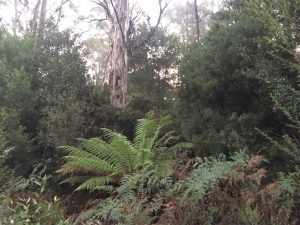
The logging of the forest directly next to us was not what we wanted to hear! This is the second time the logging has been proposed. In 2014, we mobilised as Friends of Oldina Forest to oppose the logging, and managed to gain a moratorium in exchange for helping STT with a nearby area which was previously a much-loved picnic area but had become degraded particularly via vandalism after being logged. We thought this time might be difficult to gain a moratorium, but were determined to try. Hence we had about a month of trying to engage with STT, seeking again for a ‘win-win’ agreement where we would help STT with some of their goals in return for not logging the coupe. However we did not manage to gain any concessions at all, and as the date grew closer and closer for the logging operations to start, we began talking about direct action as a last ditch effort to stop the logging from going ahead. Only a small number of us had any experience with direct action, but then we had the good news that seasoned campaigners from the Bob Brown Foundation would help us defend the forest.
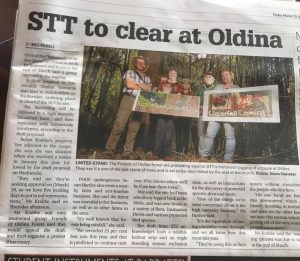 My personal uneasiness at taking the direct action approach was increasing- I was very torn by whether to fully support direct action or not. I have been studying non-violent communication, and even further reading a lot about world history whereby over history the pattern has been repeated so many times of resistance and force leading to ever more resistance and force, basically a no-win situation. I have also long admired the concept of “symbiotic transformation”, whereby the radical changes that we need to our systems will occur most effectively when the needs of those in power are taken into account. To me, this incorporates the idea that we are all ‘equally human’, that people who we would like to blame for destroying our life support systems (eg responsible for logging forests) still deserve recognition for their humanity. A compassionate view recognises that none of us are in control of the circumstances we are born into, and it is those circumstances that have such a huge impact on how disconnected we are – from each other and from the earth.
My personal uneasiness at taking the direct action approach was increasing- I was very torn by whether to fully support direct action or not. I have been studying non-violent communication, and even further reading a lot about world history whereby over history the pattern has been repeated so many times of resistance and force leading to ever more resistance and force, basically a no-win situation. I have also long admired the concept of “symbiotic transformation”, whereby the radical changes that we need to our systems will occur most effectively when the needs of those in power are taken into account. To me, this incorporates the idea that we are all ‘equally human’, that people who we would like to blame for destroying our life support systems (eg responsible for logging forests) still deserve recognition for their humanity. A compassionate view recognises that none of us are in control of the circumstances we are born into, and it is those circumstances that have such a huge impact on how disconnected we are – from each other and from the earth.
Ultimately I did not have to make a decision about whether the direct action would go ahead – I was vastly outvoted and having agreed to consensus decision making went along with the decision. So we had a weekend of tree sitting and organised a cooking roster to feed the dozen people who were helping us to defend the forest. Then COVID19 came along and it all had to cease. Fortunately as yet the logging operations have not commenced: whether because of COVID19 or not we are not sure.
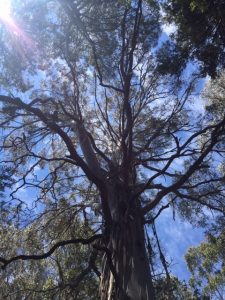 Luckily all along we were still working with the local council and other local bodies particularly tourism, who are increasingly supporting alternative uses for the forest. We have put forward a case for a walking track and mountain bike trials, and have our fingers crossed that we can still work out a compromise. And I am still mulling over direct action versus non-violent communication and symbiotic transformation. I very much admire the sacrifices that forest protestors make to defend our forests – but in the longer term can we create a world devoid of violence and destructive conflict?
Luckily all along we were still working with the local council and other local bodies particularly tourism, who are increasingly supporting alternative uses for the forest. We have put forward a case for a walking track and mountain bike trials, and have our fingers crossed that we can still work out a compromise. And I am still mulling over direct action versus non-violent communication and symbiotic transformation. I very much admire the sacrifices that forest protestors make to defend our forests – but in the longer term can we create a world devoid of violence and destructive conflict?
Robin Krabbe, Live Well Tasmania, April 2020
